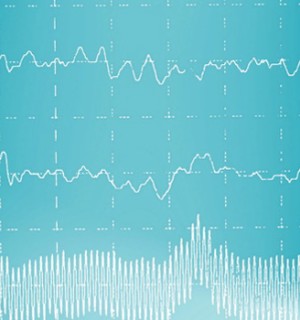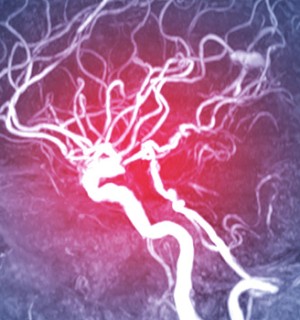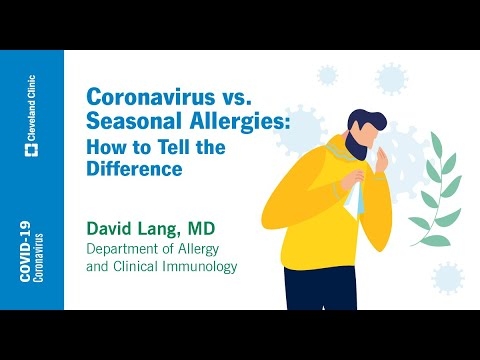Results of a new study suggest a type of visual stimulation may benefit Alzheimer's disease (AD) patients. Researchers at the Massachusetts Institute of Technology (MIT) have been testing flickering LED lights on lab animals. Displaying such lights at specific frequencies reduces plaques commonly seen in AD patients in the part of the brain that controls vision (visual cortex).
Promising Early Results
The mice tested were genetically programmed to have AD without any behavioral symptoms or significant accumulation. Beta amyloid plaques in these lab animals were reduced by 40-50 percent after an hour of exposure to the lights at a frequency of 40 hertz. Light stimulation at other frequencies didn't produce similar results.
Translating Results to Humans
MIT researchers admit testing in a laboratory doesn't always produce the same results when those tests are repeated on human subjects. If the light stimulation technique does produce similar results in human, it may lead to the development of a non-invasive treatment for patients. In initial tests, plaque levels returned to previous levels 24 hours later.
Effects On Advanced Forms of AD
Researchers also conducted tests in subjects with a more significant accumulation of plaques. Following light treatment for an hour a day for a week, plaque levels decreased. Additional testing is needed to determine how long results from controlled exposure to flickering lights will last to determine if the treatment can be practically applied to humans.
Possible Benefits of Gamma Stimulation
Rhythmic electrical activity in the brain called gamma oscillations may naturally remove excessive beta amyloid proteins from the brain. In AD patient's, certain cells in the brain become affected by inflammation and the production of toxic chemicals. When rhythmic electrical activity was increased in the MIT studies, more of the problematic proteins were cleared from cells.
Investigating Gene Irregularities
An analysis of messenger RNA, which carry instructions for making proteins, from the mice used in the study found many genes were over-expressed or under-expressed. Researchers are now looking at how their irregularities may affect AD patients.
Alzheimer's affects about 5 million people in the United States. While the disease is traditionally associated with older adults, it can occur as early as age thirty. It's hoped research into visual stimulation and other techniques may benefit patients already living with the condition and those who may be at risk for developing AD.
Visual Stimulation Could Benefit Alzheimer's Patients
Posted On: 12-23-2016

See Related Articles
A New Study Suggests Jet Lag Can Be Treated
Jet lag is the result of waking and sleeping patterns that a ...
Posted On: 02-11-2016
read more
Alzheimer’s Risk & Air Pollution
A new study led by scientists at the University of Southern ...
Posted On: 02-03-2017
read more
Behavioral Characteristics of Children With Epilepsy
Epilepsy is a seizure condition, and while 2.5 million Ameri ...
Posted On: 07-01-2016
read more
Brain Aneurysms & What to Watch For
The brain is a very complex area of the body. Among the most ...
Posted On: 09-20-2019
read more
Can Marijuana Use Affect Vocabulary Later in Life?
More than 5,000 participants were selected for the study in ...
Posted On: 02-18-2016
read more
Could Poor Sleep Point to Higher Stroke Risk?
The study was headed by investigators from Rush University's ...
Posted On: 01-21-2016
read more
Dangers of Drowsy Driving
Driving while drowsy impairs your judgement, decreases your ...
Posted On: 02-10-2017
read more
Everyday Radiation Exposure & Safety
There are many everyday sources of radiation. For example, a ...
Posted On: 03-24-2017
read more
Female Firefighters at Increased Risk of PTSD, Suicidal Thoughts
A recent study published in the journal Occupational Medicin ...
Posted On: 06-07-2019
read more
Feedback





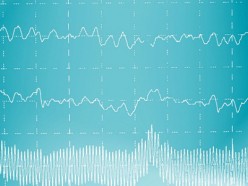
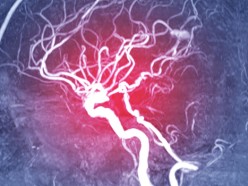

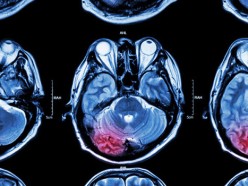

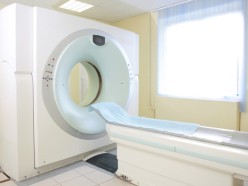





.jpg&w=300&h=320)
.jpg&w=300&h=320)
.jpg&w=300&h=320)

